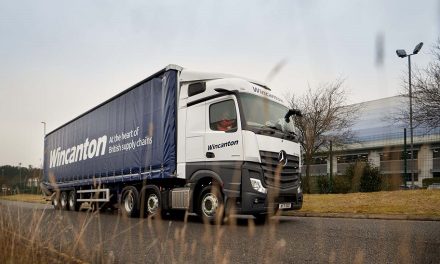
Better standards and harmonized laws will promote e-commerce
E-commerce represents an opportunity for small and medium-sized enterprises (SME), but despite significant progress in deploying information and communication technologies in many regions of the world, there is still an e-commerce gap between developed and developing countries.
In a meeting held on 22 May, government experts and representatives of non-governmental organizations and international organizations joined members of the Action Line on e-business, established following the World Summit on the Information Society in 2005, to find solutions to help e-commerce prosper in developing countries.
Cross-border e-commerce, they recognized, can only thrive through effective partnerships, harmonized national laws and clear standards. The UPU agreed to organize a conference on public-private partnerships for e-business standards in September 2008 in Geneva along with the International Organization for Standardization and other international organizations.
The UPU, the International Trade Centre (ITC), the United Nations Conference on Trade and Development (UNCTAD) and the International Labour Organization lead the Action Line on e-business.
High-level executives from UNCTAD and ITC, as well as the UPU Deputy Director General, Guozhong HUANG, highlighted the opportunities offered by the rapid progress in the use of new technologies around the world. The UPU led the session about challenges, opportunities and concrete solutions for SMEs wanting to start e-commerce activities. A presentation of the Alibaba.com e-marketplace, for business to business (B2B) e-commerce, showed how this platform has helped several small businesses expand their online activities. China Post also described its e-commerce activities and strategic partnership with Alibaba.com in the areas of logistics and online payments. ITC experts also stressed the importance of making proper use of information and communication technology for enhancing the competitiveness of small and medium-sized businesses. They also highlighted the new opportunities provided by “m-commerce” (or commerce through a mobile phone) as a starting point for e-commerce activities, particularly because mobile technologies facilitate access to information and its distribution.











